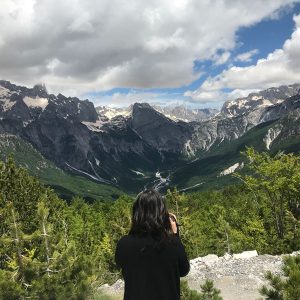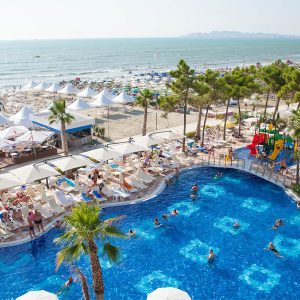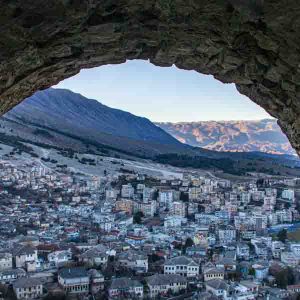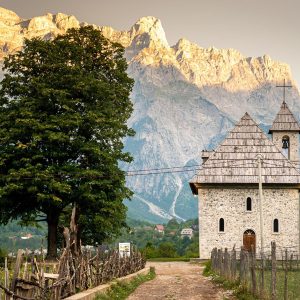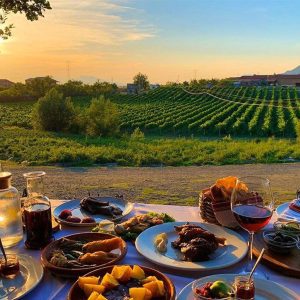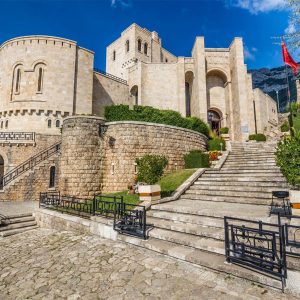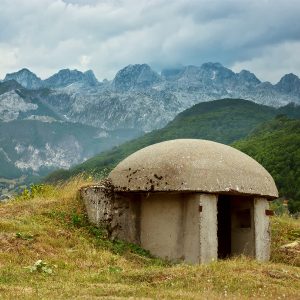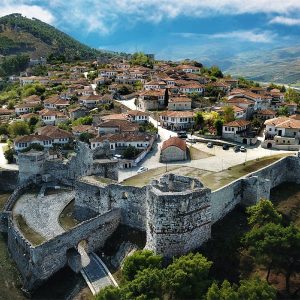The Albanian language, known locally as Shqip, is a cornerstone of Albania’s rich cultural heritage and an integral part of the country’s identity. As a traveller, familiarizing yourself with the language can enhance your visit, creating opportunities for deeper connections and a more immersive experience. Whether you’re planning a short city break or an extended adventure, here’s everything you need to know about the Albanian language and its role in this captivating country.
A Unique Language with Ancient Roots
Albanian is a linguistic treasure. It belongs to the Indo-European language family but stands apart as its own branch, making it unlike any other language you might encounter. Spoken by approximately 7.5 million people worldwide, it is the official language of Albania and Kosovo and is also widely spoken in North Macedonia, Montenegro, southern Serbia, and the Albanian diaspora.
The language has a long history, with roots that trace back thousands of years. Linguists believe it evolved from ancient Illyrian, the language of the region’s earliest inhabitants. Modern Albanian has two main dialects:
- Tosk: Predominantly spoken in the south and the official standard of Albania.
- Gheg: Spoken in the north, Kosovo, and parts of the Albanian diaspora.
These dialects are mutually intelligible but feature differences in pronunciation, vocabulary, and grammar.
The Role of Language in Albanian Culture
Language plays a vital role in shaping Albania’s national identity, particularly given its turbulent history of occupation and independence. From the Roman and Ottoman Empires to communism and modern democracy, Albanian has endured and thrived, symbolizing resilience and unity.
During the Ottoman period, the use of Albanian was suppressed, and education in the language was restricted. Despite this, Albanians preserved their mother tongue, teaching it secretly and passing it down through generations. After independence in 1912, promoting and preserving the Albanian language became a cornerstone of national policy.
Today, Shqiptarët (Albanians) take great pride in their language, viewing it as a living connection to their heritage.
Albanian Phrases Every Traveller Should Know
While many Albanians, particularly younger generations, speak English—especially in urban areas—learning a few key phrases in Albanian can go a long way in building rapport and showing respect. Here are some basics:
- Hello – Përshëndetje
- Thank you – Faleminderit
- Yes – Po
- No – Jo
- Please – Ju lutem
- Excuse me – Më falni
- How much does it cost? – Sa kushton?
- Goodbye – Mirupafshim
Albanians are known for their warmth and hospitality, and even small attempts to speak their language are often met with appreciation and encouragement.
Tips for Navigating the Language
- Embrace Simplicity: Albanian pronunciation is fairly phonetic, meaning words are pronounced as they are spelled. This makes it easier for beginners to pick up new words.
- So, the ‘o’ in ‘Po’ and ‘Jo’ is pronounced like the ‘o’ at the beginning of ‘on’, ‘or’, off’ etc. Përshëndetje is ‘Per-shern-det-yeah’ (the umlaut over the ‘e’ makes it more of an ‘er’ sound). Finally, ‘Faleminderit’ is literally as you’d expect when pronouncing each letter; ‘Fal-e-min-der-it’. Please note these pronunciations are designed for a British audience – our American cousins will need to source their own!!
- Use Technology: Apps like Google Translate or Duolingo can be handy for translating and learning basic phrases.
- Focus on Politeness: Words like “thank you” (faleminderit) and “please” (ju lutem) go a long way in establishing goodwill.
Cultural Nuances and Gestures
Understanding a few cultural quirks related to language can also enrich your experience:
- Head Gestures: Albanians use subtle head gestures to signify “yes” and “no,” which can confuse visitors. A nod upward usually means “no,” while a slight tilt of the head to the side often means “yes.”
- Hospitality Language: Albanians frequently use expressions like “Bujrum” (welcome) when inviting guests to join them, a reflection of their renowned hospitality.
Where to Hear and Learn More Albanian
As you travel through Albania, immerse yourself in the language:
- Markets and Bazaars: Places like the New Bazaar in Tirana are perfect for practicing greetings and basic phrases.
- Local Tours: Guides often share anecdotes in both English and Albanian, giving you a taste of the language in context.
- Cultural Events: Attending festivals, folk performances, or even local weddings can expose you to traditional songs and dialects.
Language and Travel: Breaking Barriers
One of the most rewarding aspects of learning even a little Albanian is the connections it fosters. Whether you’re negotiating in a local market, thanking a host for their generosity, or simply greeting someone on the street, speaking the local language creates an instant bond. Albanians are exceptionally proud of their culture, and your effort to learn a few words of Shqipe is often met with warm smiles and engaging conversations.
Conclusion
The Albanian language is more than a means of communication; it is a window into the heart of the country’s culture and history. By understanding its significance and mastering a few key phrases, you’ll not only enhance your travel experience but also connect with the people and stories that make Albania so special.
So, whether you’re wandering the streets of Tirana, exploring the ancient ruins of Butrint, or sipping raki in a mountain village, let Shqip be your guide to unlocking the soul of this remarkable country

